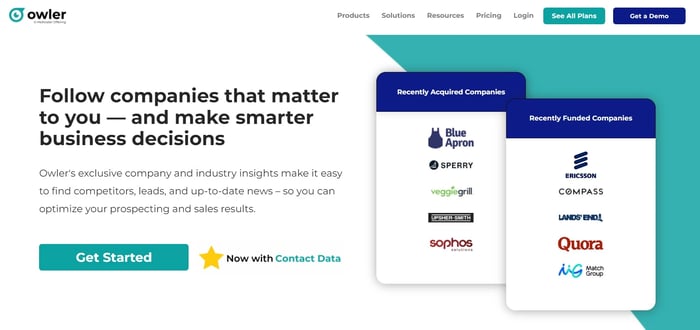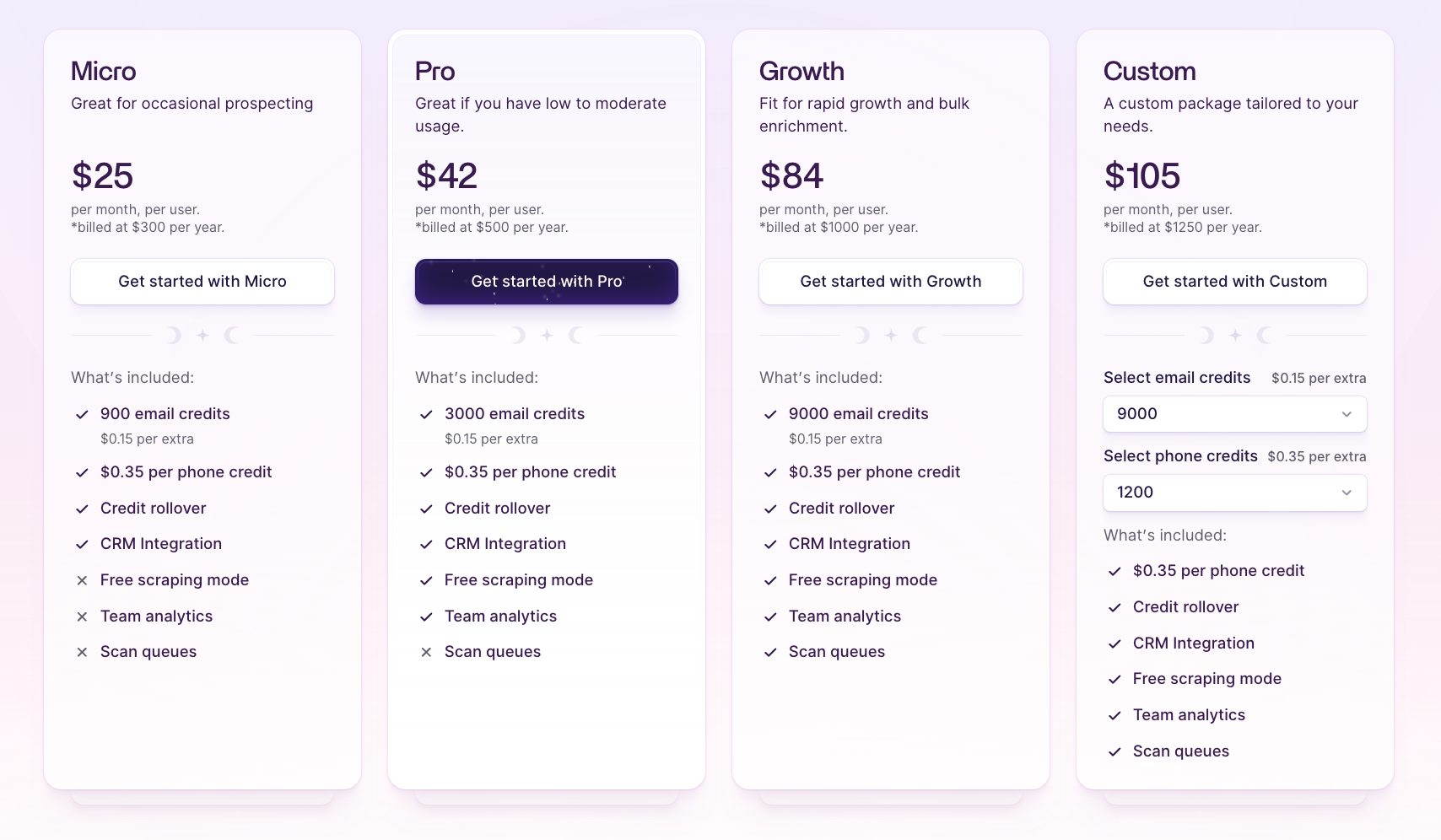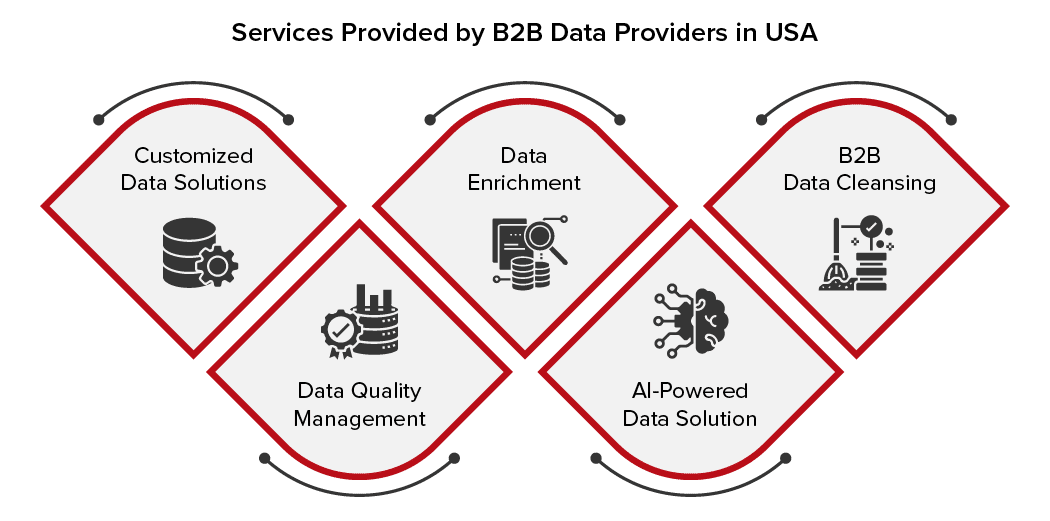Leading Database Providers for High-Performance Applications
Wiki Article
Trick Attributes to Try To Find When Selecting a Database copyright
Selecting a database company is an essential decision that can substantially affect your company's data and operations management technique. Among the necessary attributes to take into consideration are scalability alternatives, which make certain that your system can adjust to expanding demands.Scalability Options
When choosing a database service provider, recognizing scalability alternatives is critical to making certain that the picked option can fit future growth. Scalability describes the capacity of a data source system to broaden its ability and performance in reaction to increased need. There are 2 main kinds of scalability: upright and straight.Vertical scalability, or "scaling up," involves enhancing a solitary web server's resources, such as CPU, RAM, or storage space. This strategy can be economical and straightforward for smaller sized applications however may get to a limit where even more upgrades are too pricey or unwise.
Horizontal scalability, or "scaling out," includes adding a lot more servers to disperse the lots. This method enables higher flexibility and can fit considerable increases in information volume and individual traffic (database provider). It is especially helpful for cloud-based data source solutions that can dynamically designate sources based on need

Security Actions

When examining safety procedures, think about the implementation of encryption methods (database provider). Data-at-rest and data-in-transit encryption are important to guarantee that sensitive details continues to be secured, even in the occasion of a protection violation. Additionally, look for carriers that supply strong authentication devices, such as multi-factor authentication (MFA), to further boost gain access to control
Regular protection audits and conformity with industry criteria, such as GDPR or HIPAA, are indicative of a provider's dedication to data defense. Moreover, ask about their event feedback plan; a durable plan can decrease the impact of any kind of prospective security occurrence.
Performance Metrics
Examining performance metrics is necessary for organizations to make sure that their chosen database copyright meets functional needs. Key performance metrics include response throughput, time, and scalability, which jointly identify the performance of database operations under differing loads.Action time is critical, as it reflects exactly how promptly the database can process inquiries and return outcomes. Organizations needs to look for metrics that suggest typical feedback times throughout top and off-peak hours. Throughput, commonly gauged in transactions per second (TPS), offers understanding into the database's capability to take care of high quantities of requests without performance degradation.
Scalability examines the data source's ability to expand with the company's demands. A durable database provider must show upright and straight scaling capabilities, allowing for seamless adjustments as demands fluctuate. In addition, understanding latency, particularly in distributed systems, can help organizations evaluate the responsiveness of the database throughout various geographical places.
Customer Assistance
Trusted consumer assistance is a foundation of effective data source administration, offering organizations with the aid required to maximize and solve problems efficiency. When choosing a database provider, reviewing the level of customer assistance they offer is essential. A durable support group need to consist of multiple networks of communication, such as phone, e-mail, and live chat, making certain that individuals can access help whenever they require it.Furthermore, responsive assistance teams that are readily available 24/7 considerably enhance the integrity of the database solution. Prompt action times and effective resolution of concerns can considerably reduce downtime and increase overall efficiency. It is also helpful to consider the accessibility of committed support workers, that can provide customized assistance based upon a company's particular demands.

Pricing Framework
When considering a data source company, the rates structure is a pivotal aspect that can considerably influence an click here for info organization's budget plan and total technique. A clear and flexible pricing design is essential for lining up the data source costs with company demands - database provider. Organizations ought to examine whether the rates is based on usage, per customer, or a flat rate, as each design can generate different financial ramifications with timeIt is very important to examine any kind of additional costs connected with the copyright's services, such as data storage charges, deal prices, and assistance charges. Some service providers might use tiered rates, permitting scalability as the company grows, while others might impose strict limitations that might end up being expensive as information needs raise.
In addition, companies should consider the long-term value of the data source remedy. While reduced initial costs can be appealing, they may not account for future upgrades, maintenance fees, or integration costs. Conducting an extensive cost-benefit analysis will help identify one of the most ideal rates framework that balances support, performance, and scalability, inevitably making sure that the chosen database company straightens with the organization's operational and financial purposes.
Final Thought
In final thought, picking a database supplier necessitates cautious factor to consider of various important features. Examining efficiency metrics enables the identification of reliable data sources, and accessible client assistance enhances the general individual experience.Picking a database company is an essential decision that can substantially influence your company's operations and data administration approach.When selecting a database company, recognizing scalability alternatives is crucial to guaranteeing that the selected option can suit future development. When picking a data source provider, evaluating the level of customer support they supply is essential.When considering a database service provider, the prices structure is a critical element that can considerably affect an organization's budget and overall strategy. Conducting a thorough cost-benefit analysis will certainly aid recognize the most ideal prices structure check this that balances efficiency, assistance, and scalability, ultimately ensuring that the chosen database provider straightens with the company's monetary and operational objectives.
Report this wiki page